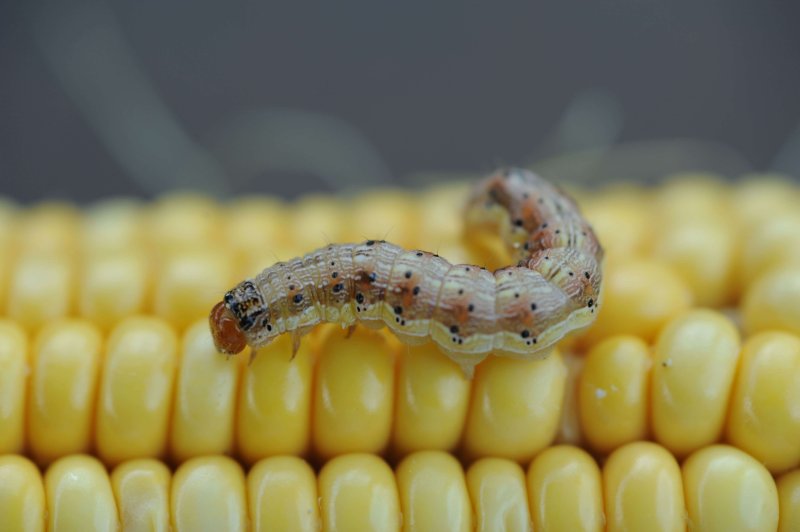Climate change might be great news for pests looking to munch on genetically modified crops, researchers propose.
In particular, researchers analyzed 21 years of data from Maryland cornfields and suggest that rising temperatures might help corn earworms (Helicoverpa zea) develop resistance faster to a widespread genetically built-in crop protection.
Some commercial varieties of corn have been engineered with genes for a toxin borrowed from the bacterium Bacillus thuringiensis, known as Bt, that kills the earworms when they eat the crop. In areas with a lot of Bt corn acreage, plants defended by the Bt protein Cry1Ab suffered more earworm damage when summers grew warmer, the team reports June 7 in Royal Society Open Science.
…
It’s unclear why more damage occurred when temperatures were warmer. Higher temperatures might stress the plants and undermine their defenses.
…
The link between pest resistance and climate change, however, is based on correlations at this point, cautions [coauthor Dilip] Venugopal [an applied ecologist working as a policy fellow at the Environmental Protection Agency], and more research is needed to clarify how warming affects the pests.
The GLP aggregated and excerpted this blog/article to reflect the diversity of news, opinion, and analysis. Read full, original post: Climate change might help pests resist corn’s genetic weapon































